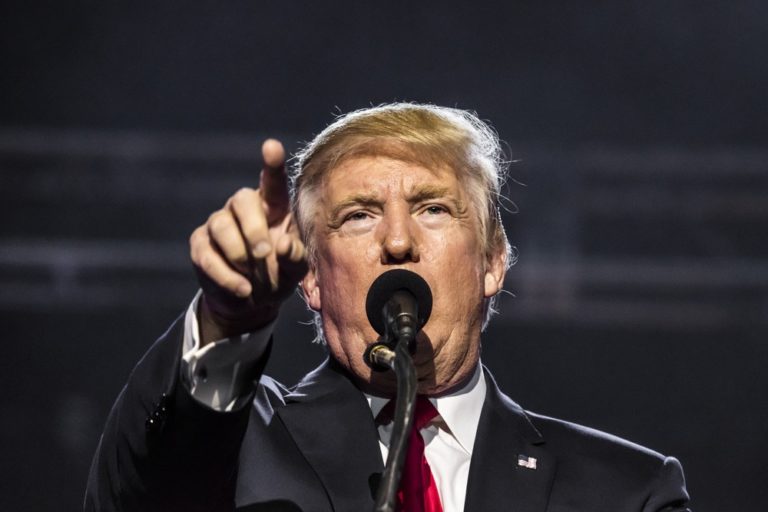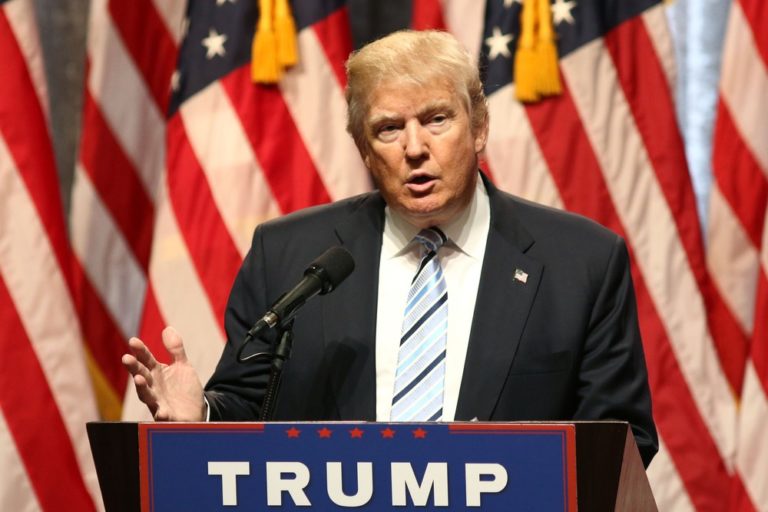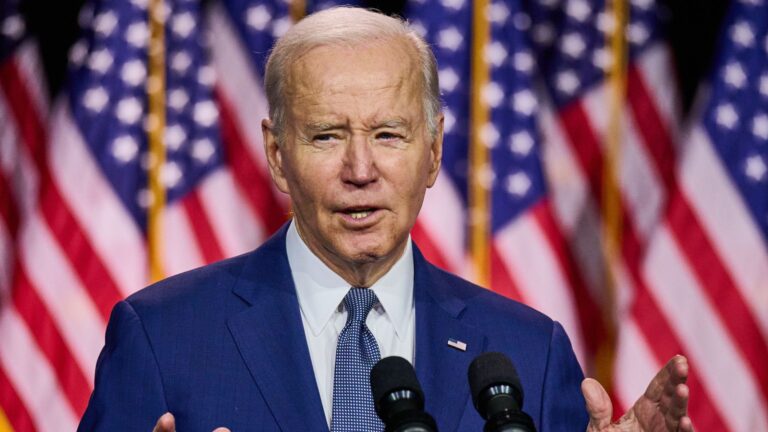Key Highlights:
– State judge orders LSU to allow reinstatement of Prof. Ken Levy.
– Levy alleges his criticism of Governor Landry led to his removal from the classroom.
– LSU’s actions are accused of violating the First Amendment rights and existing policies on tenured faculty.
– A hearing for a permanent injunction is scheduled for Feb. 10.
– LSU students protested in support of Levy, and the university’s top attorney has resigned.
Controversy at Louisiana State University (LSU)
Louisiana State University (LSU) is under fire after a state judge ordered the institution to reinstate law professor Ken Levy. The order came in response to the school’s decision to remove him from teaching duties during an investigation into his alleged criticism of Governor Jeff Landry.
Understanding the Lawsuit
Levy, an accomplished professional teaching constitutional and criminal law, initiated the lawsuit earlier this week. He stated his removal from the classroom violated not only his First Amendment rights but also the university’s established policies concerning tenured faculty.
Ruling by Judge Don Johnson
In response to this claim, Judge Don Johnson granted a temporary restraining order. It allows Levy to return to his teaching post for at least a week. A hearing for a permanent injunction is scheduled for February 10.
According to Jill Craft, Levy’s attorney, the law professor is eager to make his case in court. She stressed that the rights in question are the backbone of this nation, highlighting the gravity of the situation.
Claims within the Lawsuit
Diving into the details, Levy’s lawsuit states that his political commentary in an Administration of Criminal Justice class was reported to Governor Landry. Levy suspects this led to calls for his ouster.
Interestingly, this situation isn’t exactly new. Last November, Landry publicly requested that LSU discipline another law professor, Nick Bryner, for his post-election comments about President Trump.
In Levy’s affidavit, he stated his comments regarding Bryner were made in jest. He mentioned his no-recording policy in class, and his stand on the First Amendment.
Levy’s Argument
Levy asserts his critical views led to repercussions that not only violated his First Amendment rights but also academic freedom for all faculty members. His case revolves around both constitutional law and LSU’s specific policies for tenured faculty.
Understanding Tenure and LSU’s Stance
Tenure is indefinitely granted to faculty members excelling in their field. It shields academics from political, corporate, and religious intervention, only allowing termination in extreme situations.
However, in Levy’s case, he received a letter from LSU’s Director of Employee Relations, Lindsay Madatic, suggesting his suspension was due to inappropriate statements reported by students. While his compensation remains unchanged and he’s allowed on campus, Levy’s lawyer disputed Madatic’s authority to discipline him.
Breaking the Rules: LSU’s Policies on Tenured Faculty
LSU’s operating procedures for disciplining a tenured professor involve multiple levels of review, all requiring fellow faculty’s input. Levy and Craft argue that these steps were overlooked when he was removed from his classes.
Supporting Levy: The Students’ Stand
Levy’s suspension sparked a public outcry, especially from fellow LSU students who rallied in his defense. They delivered a petition to the university’s general counsel, Winston DeCuir, demanding Levy’s reinstatement and an apology from the university.
The Aftermath
In light of these events, DeCuir has since tendered his resignation. This unexpected move has added another twist to an already complex storyline, raising questions about the university’s handling of the situation.
Moving Forward: What Does this Mean for LSU?
As Levy prepares for his court hearing next week, the controversy has put LSU’s disciplinary policies and processes for tenured staff under close examination. It exemplifies the intricacies of academic freedom, constitutional rights, and university governance.
The importance of transparent and fair processes within educational institutions cannot be overstated. While awaiting the court’s further steps, all eyes remain on LSU as it navigates through this convoluted situation.








